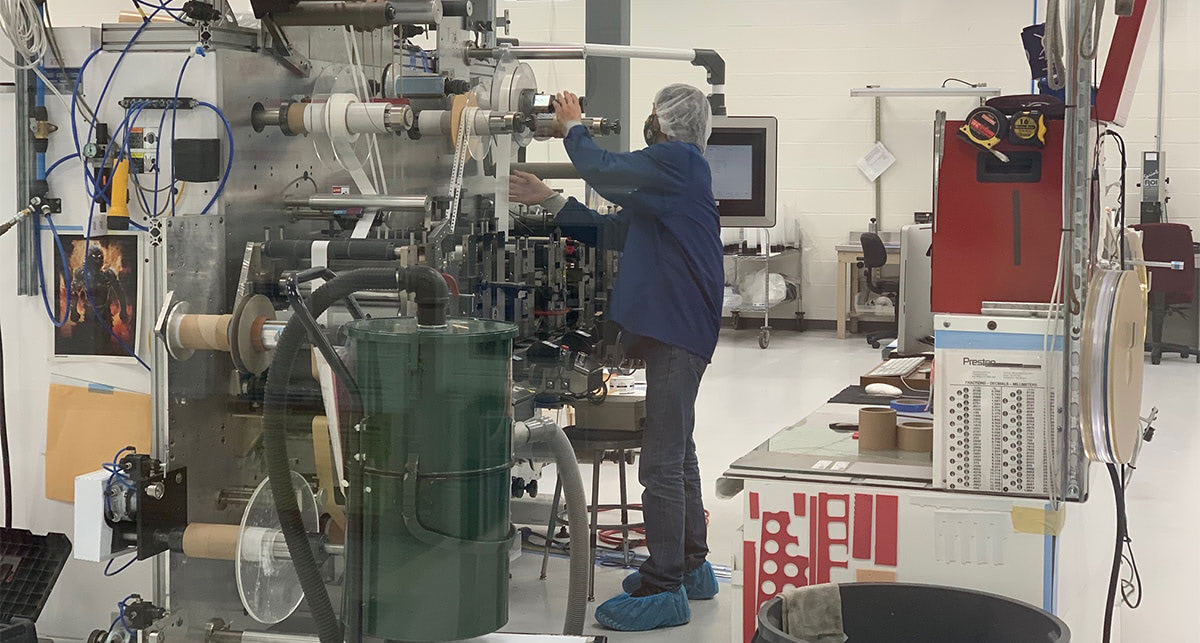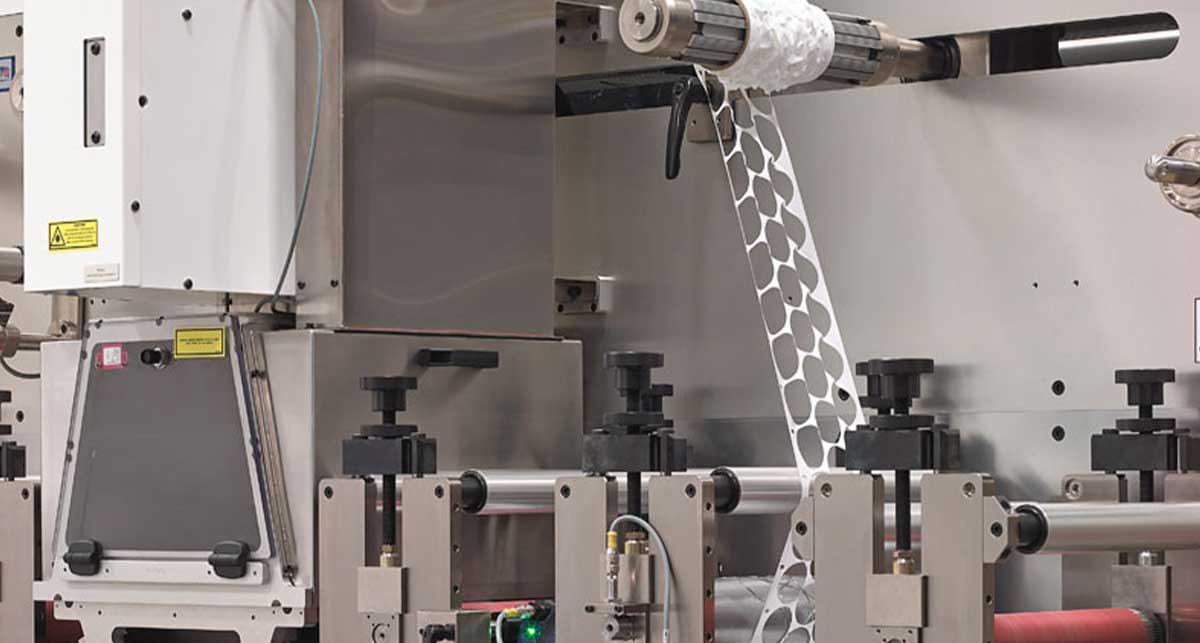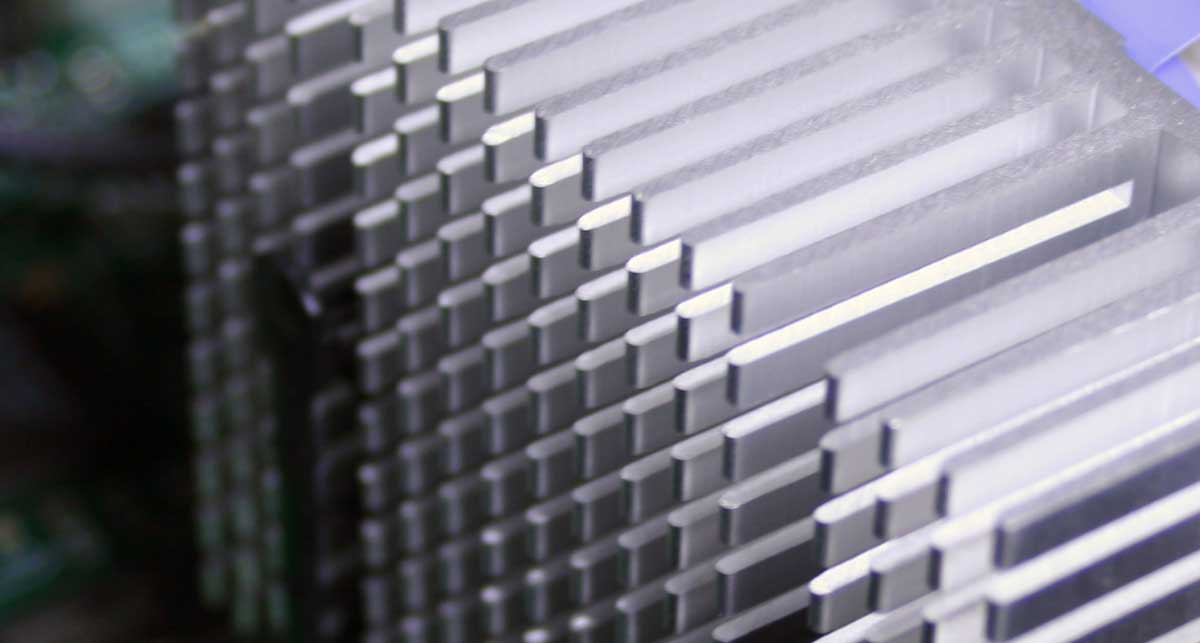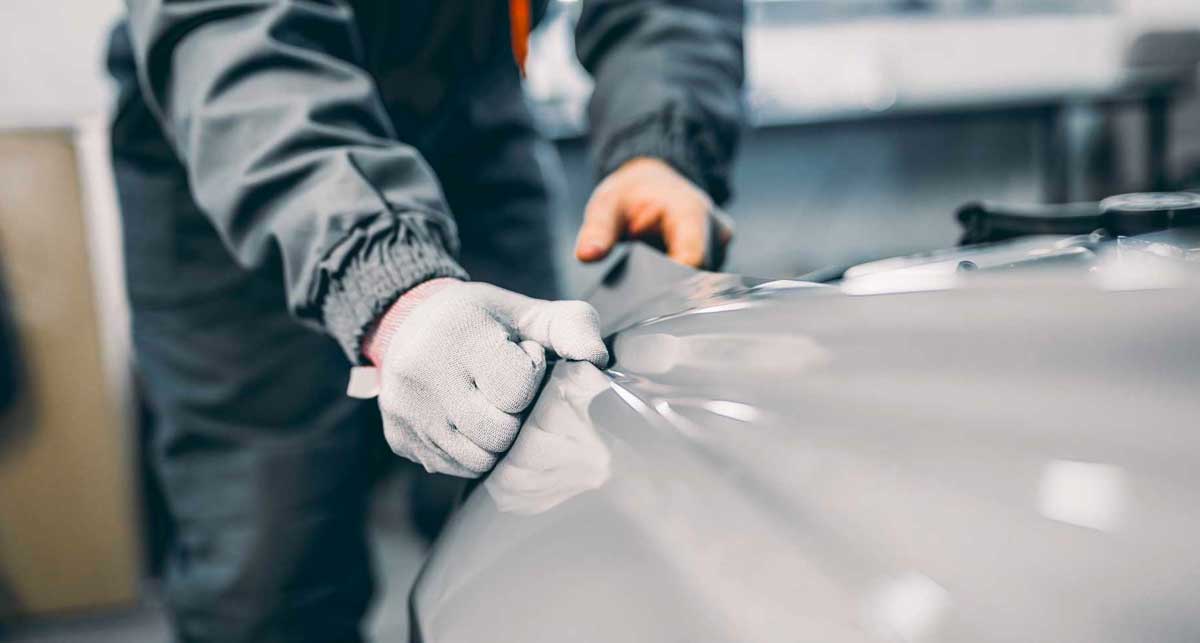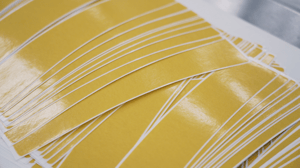If your day-to-day schedule is packed with intensive product planning, you’re probably used to managing a heavy workload.
However, an experienced converter might offer services beyond conventional manufacturing that can assist you throughout your product planning process.
For instance, at Strouse, we take customer designs and optimize their manufacturability to improve the final product. This process and others like it can add significant value.
Read on to learn more about the other ways that flexible material converters will support your project.
4 Ways Converters Support You
Manufacturing isn’t the only place where converters excel; in fact, utilizing their other services might help you build a more comprehensive and cost-effective product. Here are some other ways a converter will support your project.
1. SOURCING MATERIALS
If you’re working in or alongside product development, you may find yourself scrolling through an endless deluge of material data sheets.
Luckily, your converter can offer suggestions based on their knowledge and connections within the industry.
Many adhesive converters handle the communication with material suppliers to ensure you’re getting the best deal possible. Some converters (like Strouse) also offer custom design sampling services for those wanting to test their part designs.
2. OPTIMIZING YOUR ASSEMBLY PROCESS
Before you can optimize your assembly process, we’ll need to know what your assembly process is.
- Are you doing anything by hand?
While assembling your products by hand allows you to make certain complex movements, it’s no secret that automating your assembly can speed up the process and save you considerable time on product construction.
A converter can help you transition from hand prototyping to full-scale manufacturing and improve the speed and scale of your assembly process.
- Can we make a more sophisticated part to save you time and money?
Many product designs focus on the end goal rather than manufacturability. However, as an adhesive converter, Strouse has years of experience adapting parts to be manufacturable while retaining their usability.
Simplifying your part design can reduce the cost of your product and the number of defects.
Your converter’s job is to build your part efficiently, and they’ll want to do it to the fullest— which is why they might make suggestions. Suggested design adjustments often involve adjusting tolerances, combining layers, or considering material alternatives.
Reach out to a converter during your design phase for manufacturability and material suggestions.
3. HELPING ACROSS A PRODUCT LINE
Using a converter across a product line can provide you with many material purchasing and pricing benefits.
Many suppliers have a minimum order quantity for materials, so placing larger orders for the same materials can get you better deals on pricing. Sourcing products from different manufacturers will cost you more in shipping and materials.
4. AUTOMATION AND SCALING
Converters often help businesses scale up their products depending on where they are in the process, which might involve:
- Deciding which type of automation you need
- Optimizing your design for automation
- Helping you avoid common mistakes
Moving Forward
Now that you’ve learned what else converters can do, what’s the next step in your current project? Working with a converter can be a detailed process, but the added value will bring smooth product launches and pleased investors.
If you’re interested in a project quote, reach out now to discover how a converter can help you grow your project. For more details on what Strouse brings to the table, check out a list of all our manufacturing capabilities.
%20(1)-min.png?width=290&name=Untitled%20(52)%20(1)-min.png)
